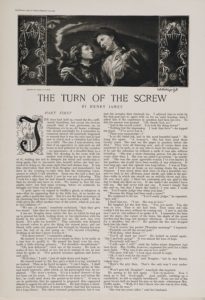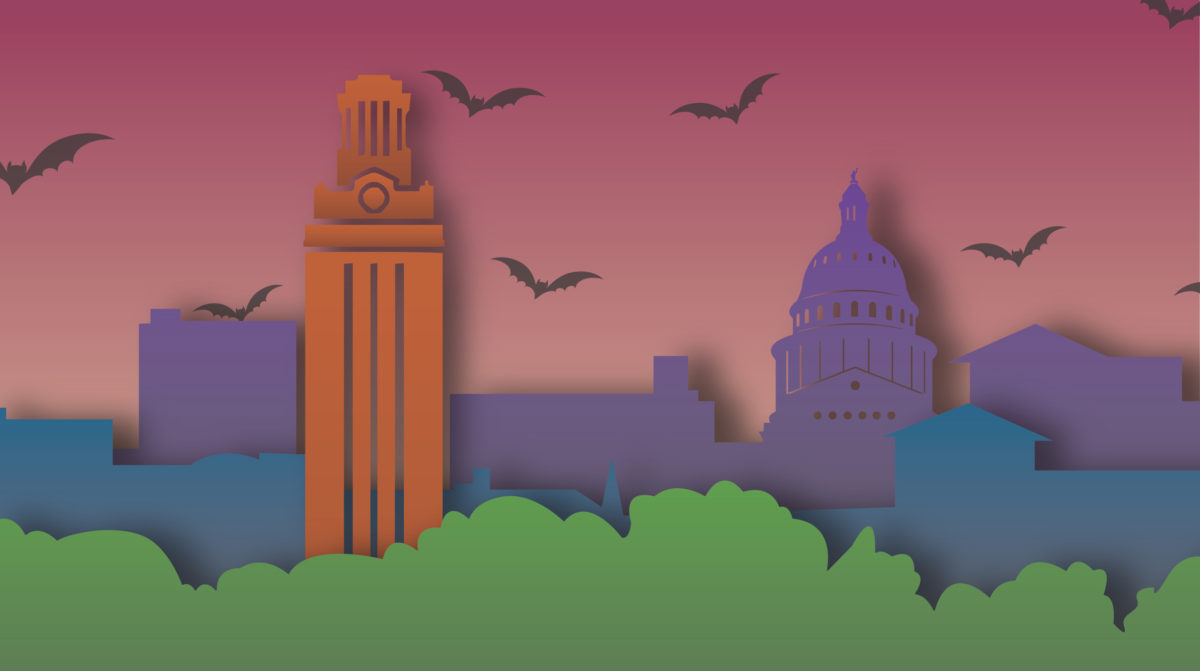This Friday, we meet for a wide-ranging discussion of our vision of our future as an AoS, which we want to capture in our Academic Master Plan. I propose this framework as a resource for facilitating and organizing our discussion around four major areas, drawn from the student “life-cycle.” Students engage in education, not in a vacuum, but with areas of strength and needs, with unique contexts and histories, and with aptitudes and interests. The come with ideas about what they want to learn and why, which means there is an inherent intentionality to their pathway, whether or not they can articulate what that trajectory is or what it involves. Each of these areas suggests possibilities for enhancement, ways we can prepare ourselves to serve them on that trajectory — including helping them develop self-reflection on the pathway itself.
This discussion framework identifies three foundational factors in the student experience plus the student’s aspirations for the future — which is each student’s purpose for coming to ACC in the first place.
- The term liberal arts is inherently aspiration-focused, as these studies were originally conceived as equipping people for lives of autonomy, community engagement, and self-determination. It’s appropriate, then, to talk about the liberal arts as foundational for thriving in a genuinely pluralistic society.
- The tetrahedron represents the pathway from present realities to student aspirations. It’s four vertices represent four main areas for self-reflection and goals for enhancement; in short, these are four major areas for organizing our AMP discussion and visioning. The four areas are:
- Support: leveraging student assets and addressing needs
- Study: the “content” of the student’s path toward mastery
- Situation: the context that forms the student’s support network
- Aspirations: the ends-in-view of the student’s engagement in education
- Obviously, the division of these four areas is arbitrary, as they are actually inextricably bound together in the student experience. (To give an obvious example, a student’s situation in terms of culture, family, faith, etc., has a direct effect on their formation and understanding of their own aspirations. To serve them, we must respect their autonomy, even as we help them in the transformative process of education.)
- For each of these four, I have taken a stab at some prompts for generating discussion, leading to specific goals, indicated in the slides.
Join the discussion of the future of the liberal arts at ACC! Talk to your colleagues and send your ideas. You are welcome to comment here, email your department chair, or be in touch with me.



